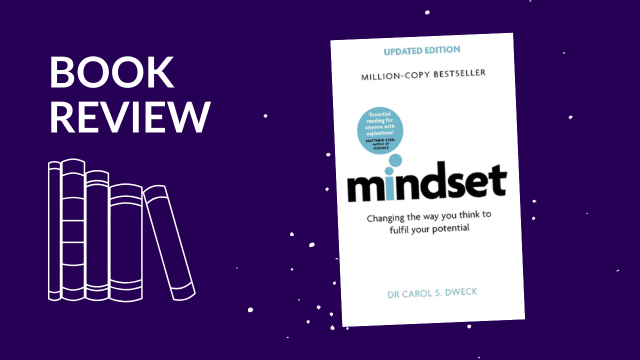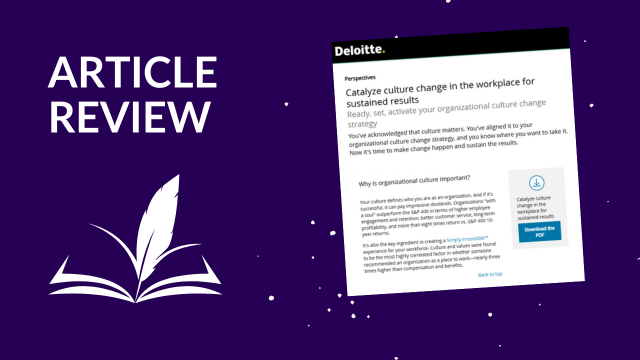In Want to Survive in the Future of Work? Practice Scientific Thinking, author Moiya Mactier begins by identifying questions that are common to tech, finance, and consulting companies: “Ever had to explain a complex concept to a customer? Is creating metrics to analyze product performance a part of your job description? Need to develop plans under multiple constraints?” With minor tweaks, these reflect key skills for change practitioners as well. As we become involved in larger, more disruptive change, it is important the we be able to explain complex concepts to leadership; that we be able to create metrics that not only track change progress on time and budget, but on results as well; and that we be able to develop—and integrate—change management plans with extremely complex project plans.
Mactier offers three shifts in how to approach work that will help shape your scientific thinking.
- “Learn to distinguish between observables and learnables.” It is not uncommon for people to make observations, and then to quickly (perhaps even unconsciously) infer things as a result. Being able to stay in “observer” mode, and to distinguish between what we are seeing and the conclusions we are drawing is definitely an important skill for change practitioners.
- “Approach your work with questions, not tasks.” As change practitioners, we tend to have your methodologies, our tools, our timelines, our tasks, our deliverables. Mactier points out that “When you approach problems by working toward a task, you run the risk of developing tunnel vision. You can become so focused on doing the thing you’re ‘supposed’ to do in the way you’re ‘supposed’ to do it that you miss potentially better solutions or more interesting problems. Asking the right questions can help you identify what you’re really looking for while leaving room to explore all possible solutions.”
- “For every question you ask, form a working hypothesis.” Hypotheses give you something to check your work against.
These three shifts, if we are able to make them a permanent part of how we approach our roles as change practitioners, will contribute significantly to our individual professional growth, as well as the value that we deliver to those whom we serve.







